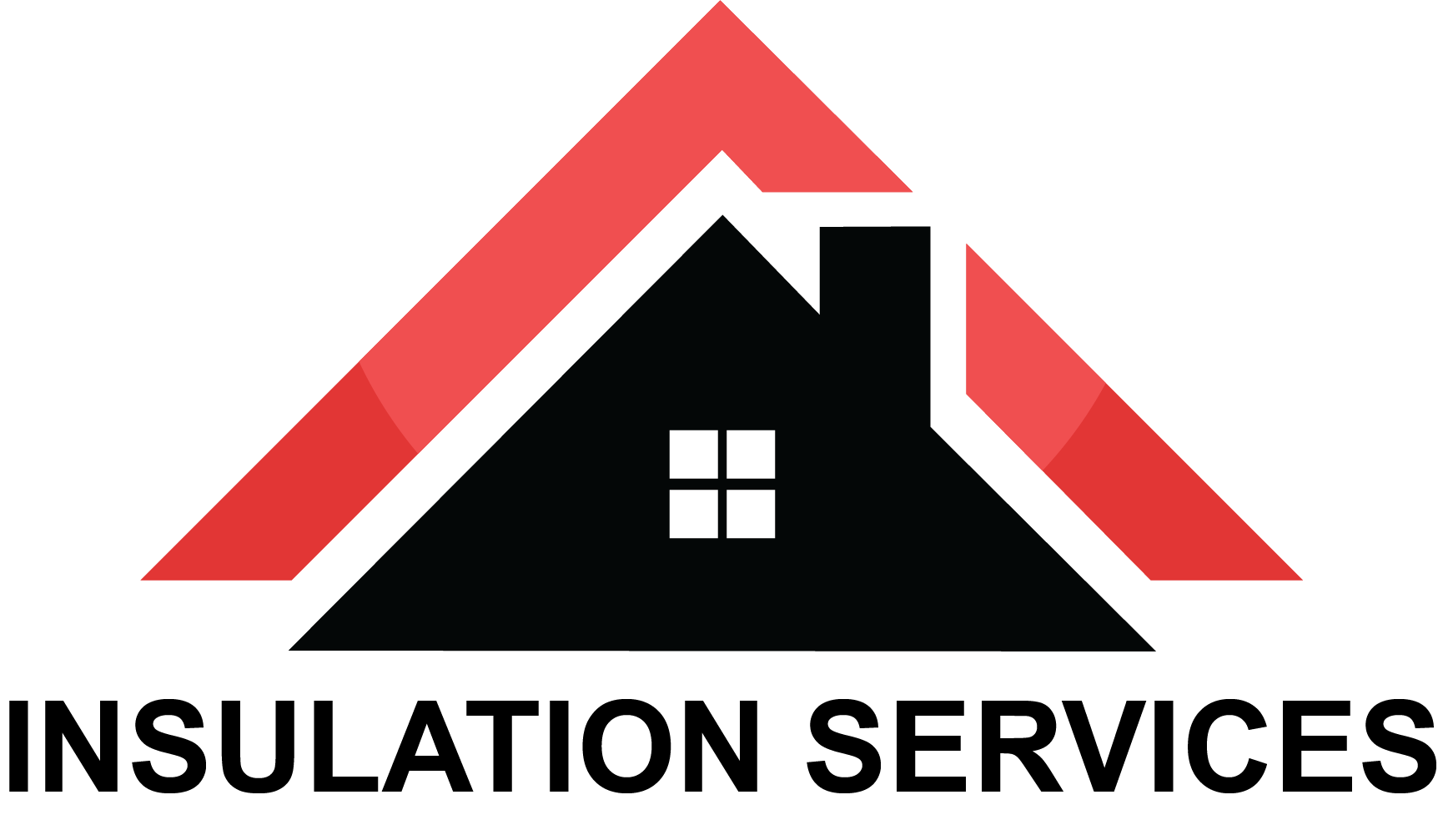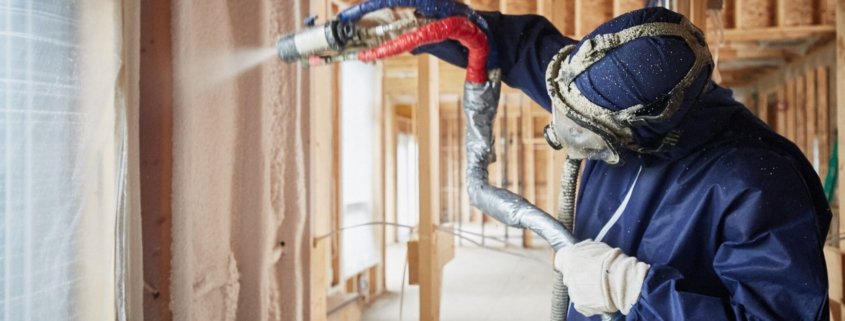Upgrade Your Home with High-Performance Spray Foam Insulation
When it comes to upgrading your home’s energy efficiency, comfort, and overall performance, one of the most impactful improvements you can make is installing spray foam insulation. Unlike traditional insulation materials, spray foam provides superior coverage and energy-saving benefits, making it a top choice for homeowners seeking to reduce their utility bills and enhance indoor comfort.
This guide will walk you through the benefits of spray foam insulation services, what you need to know about choosing spray foam insulation contractors, and how this solution can transform your home for the better.
What is Spray Foam Insulation?
Spray foam insulation is a modern, high-performance insulation material that expands when sprayed, creating a solid air barrier. It’s made from a mixture of chemicals that react when combined, forming a foam that hardens into a solid structure. The foam fills gaps, cracks, and crevices to effectively seal a space, offering better insulation than traditional materials such as fiberglass or cellulose.
Spray foam insulation is typically applied in two forms:
- Open-cell spray foam: Light and flexible, open-cell spray foam is ideal for areas like attics and interior walls. It provides excellent thermal insulation while also helping with soundproofing.
- Closed-cell spray foam: Denser and more rigid, closed-cell spray foam offers a higher R-value per inch of thickness, making it ideal for exterior walls, basements, and areas prone to moisture.
Why Choose Spray Foam Insulation?
Spray foam insulation offers a range of benefits that make it a smart investment for homeowners. Here are a few reasons why it stands out from other types of insulation:
1. Superior Energy Efficiency
Spray foam insulation is renowned for its ability to significantly reduce air leakage. Unlike fiberglass or cellulose, which can settle or shift over time, spray foam expands to fill every gap, crack, and corner. This creates an airtight seal, reducing drafts and heat loss in the winter and keeping your home cooler in the summer.
The result? Lower energy consumption and reduced utility bills. In fact, studies have shown that homes insulated with spray foam can save up to 50% on heating and cooling costs.
2. Moisture Resistance
Closed-cell spray foam is particularly effective at combating moisture. Its dense structure makes it resistant to water absorption, helping prevent mold and mildew growth. This is especially important in areas like basements, crawl spaces, and attics, where moisture buildup can lead to structural damage and health issues.
3. Improved Indoor Air Quality
By sealing gaps and cracks in your home, spray foam insulation helps block outdoor pollutants, allergens, and dust from entering your living space. This makes it a great option for households with allergy sufferers or those living in areas with high levels of air pollution.
4. Noise Reduction
Spray foam insulation helps to dampen noise by filling the gaps in walls, ceilings, and floors. If you live in a noisy neighborhood or have a multi-story home, this type of insulation can make a noticeable difference in the comfort of your home, providing a more peaceful and quiet environment.
5. Long-Term Durability
Unlike traditional insulation, spray foam doesn’t settle or lose its effectiveness over time. Once applied, it maintains its shape and performance for the lifetime of your home. This means you’ll enjoy long-term savings and energy efficiency without the need for frequent maintenance or re-insulation.
6. Environmental Benefits
If you’re environmentally conscious, spray foam insulation offers a green solution. It can help reduce your carbon footprint by lowering energy consumption, and many spray foam products are made from environmentally friendly materials that have low ozone depletion potential (ODP) and low global warming potential (GWP).
Spray Foam Insulation Service: How It Works
The process of installing spray foam insulation is straightforward but requires expertise to ensure the insulation is applied correctly. Here’s an overview of the steps involved:
- Inspection and Assessment: Before the installation, a professional spray foam insulation contractor will inspect your home to assess the areas that need insulation. They’ll check the attic, walls, floors, and other spaces for gaps, air leaks, and moisture issues. This step is essential to determine the best type of spray foam for your home and identify any problem areas.
- Preparation: Once the assessment is complete, the next step is to prepare the area. This includes covering floors and furniture to protect them from the foam, ensuring proper ventilation, and sealing off doors and windows to maintain an effective spray application.
- Application: Using specialized equipment, the contractor will spray the foam onto the targeted areas. The foam will expand to fill gaps and crevices, creating a solid barrier that provides optimal insulation and air sealing. The process is quick, usually taking only a few hours, depending on the size of the area.
- Curing: After application, the foam needs time to cure and harden. This typically takes about 24 to 48 hours. Once it’s set, the foam will remain in place, providing long-lasting insulation.
- Final Inspection: After the foam has cured, the contractor will conduct a final inspection to ensure the insulation is properly installed and the space is sealed. This step ensures there are no gaps or areas where air might still leak.
Choosing the Right Spray Foam Insulation Contractors
The quality of your spray foam insulation service depends largely on the contractor you hire. To ensure you get the best results, here are some important factors to consider when looking for spray foam insulation contractors near me:
1. Experience and Expertise
Look for contractors with years of experience in spray foam insulation services. Experienced contractors are more likely to have the skills and knowledge needed to handle different types of projects and can identify the best insulation solutions for your home.
2. Certifications and Licenses
Make sure the contractor is licensed and certified to perform spray foam insulation services in your area. Certifications from professional organizations like the Spray Polyurethane Foam Alliance (SPFA) are a good indicator that the contractor follows industry best practices.
3. Reputation
Check online reviews, ask for references, and seek recommendations from friends or family. A reputable contractor will have positive feedback and a solid track record of successful projects.
4. Comprehensive Services
The best spray foam insulation contractors offer a range of services, including inspections, installation, and post-installation maintenance. They should be able to handle both residential and commercial projects and provide you with a clear, detailed estimate.
5. Energy Audits
Some contractors offer energy audits as part of their service. These audits can identify energy inefficiencies in your home, helping to determine the best insulation options and pinpoint areas that need improvement.
6. Warranty
A reliable contractor will offer warranties for their work, ensuring that if anything goes wrong with the insulation, they’ll correct it at no extra cost. Be sure to ask about the warranty terms before proceeding.
Benefits of Local Contractors
Working with local spray foam insulation contractors near me offers several advantages:
- Familiarity with Local Climate: Contractors familiar with your area’s climate can better assess your home’s insulation needs, considering factors like humidity, temperature fluctuations, and common weather conditions.
- Quick Response Times: Local contractors can offer faster response times and more flexible scheduling, minimizing downtime during the installation process.
- Support Local Businesses: By choosing a local contractor, you’re supporting small businesses in your community and helping the local economy thrive.
The Cost of Spray Foam Insulation
The cost of spray foam insulation services varies based on several factors, including the size of your home, the type of spray foam used (open-cell or closed-cell), and the difficulty of the installation. On average, homeowners can expect to pay between $1,500 and $4,000 for spray foam insulation in an average-sized home. While this may seem like a significant upfront investment, the long-term energy savings make it worthwhile.
Conclusion
Upgrading to spray foam insulation is one of the best ways to improve your home’s energy efficiency, comfort, and overall value. With its superior ability to block air leaks, resist moisture, and reduce energy bills, spray foam insulation offers an unbeatable performance. Whether you’re looking for spray foam insulation services near me or spray foam insulation contractors near me, make sure you choose a reputable, experienced contractor who can deliver top-notch results. With professional spray foam insulation services, your home will be better insulated, more energy-efficient, and more comfortable for years to come.





Leave a Reply
Want to join the discussion?Feel free to contribute!